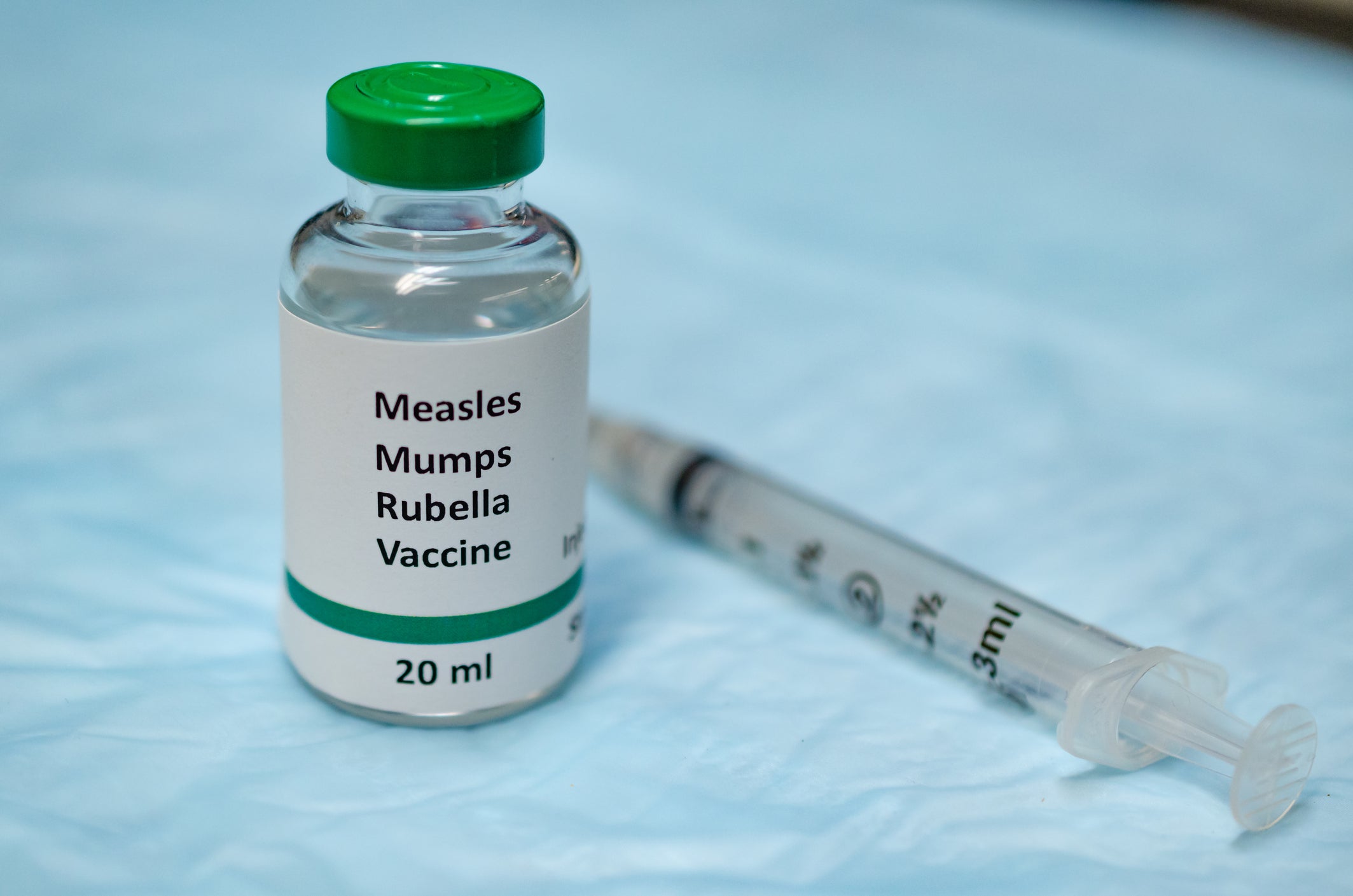Measles cases surge in England as experts issue warning to parents
Doctors told to be vigilant to further cases and work to increase vaccine uptake

Your support helps us to tell the story
From reproductive rights to climate change to Big Tech, The Independent is on the ground when the story is developing. Whether it's investigating the financials of Elon Musk's pro-Trump PAC or producing our latest documentary, 'The A Word', which shines a light on the American women fighting for reproductive rights, we know how important it is to parse out the facts from the messaging.
At such a critical moment in US history, we need reporters on the ground. Your donation allows us to keep sending journalists to speak to both sides of the story.
The Independent is trusted by Americans across the entire political spectrum. And unlike many other quality news outlets, we choose not to lock Americans out of our reporting and analysis with paywalls. We believe quality journalism should be available to everyone, paid for by those who can afford it.
Your support makes all the difference.Parents have been urged to check that their children’s measles vaccinations are up to date, amid concerns increased travel and social contact this summer will further fuel a “very concerning” rise in cases.
England has already seen 49 laboratory-confirmed measles cases in the first four months of 2023, compared to 54 during the whole of the previous year, according to the UK Health Security Agency (UKHSA).
Two thirds of the cases have been in London, although there have been others picked up across the country and some are linked to travel abroad, the government agency said.
Four in 10 cases were in children younger than five, while 27 per cent were in people aged 15 to 34.
Healthcare professionals have been alerted to the recent increase and have been asked to be vigilant to further cases, while working with communities to increase vaccination uptake.
“Measles spreads very easily and can lead to complications that require a stay in hospital and on rare occasions can cause lifelong disability or death, so it is very concerning to see cases starting to pick up this year,” said Dr Vanessa Saliba, a consultant epidemiologist at the UKHSA.
“During the Covid-19 pandemic we saw a fall in uptake for the routine childhood vaccinations, including MMR which leaves us vulnerable to outbreaks, especially as people travel abroad for summer holidays to places where measles is more common.”
Dr Saliba added: “We are calling on all parents and guardians to make sure their children are up to date with their 2 MMR doses. It’s never too late to catch up, and you can get the MMR vaccine for free on the NHS whatever your age.

“Vaccines are our best line of defence against diseases like measles, mumps and rubella and help stop outbreaks occurring in the community.”
Measles was briefly eliminated in the UK in 2016 and 2017, but transmission was re-established the following year as the whole of Europe experienced large epidemics – with 880 confirmed cases in the UK in 2019.
The trend was again reversed as a result of restrictions brought in to combat the coronavirus pandemic, including limitations on travel, meaning that just two cases were confirmed in 2021.
However, measles activity has been slowly ramping up globally again since last year, with large outbreaks currently in multiple countries in south Asia and Africa, according to the UKHSA.
In the UK, MMR vaccine coverage has fallen to the lowest level in a decade, with just 89 per cent of two-year-olds currently receiving their first dose, according to UKHSA figures – well below the 95 per cent target set by the World Health Organisation (WHO).
Outbreaks in more than 20 countries and vaccination rates falling during the coronavirus pandemic – with nearly 40 million children said to have missed a jab in 2021 – prompted the UN health agency to warn in November that measles was “an imminent threat in every region of the world.”
Measles is mostly spread when an infected person coughs or sneezes, through direct contact or in the air, and typically starts with cold-like symptoms, followed by a rash several days later.




Join our commenting forum
Join thought-provoking conversations, follow other Independent readers and see their replies
Comments